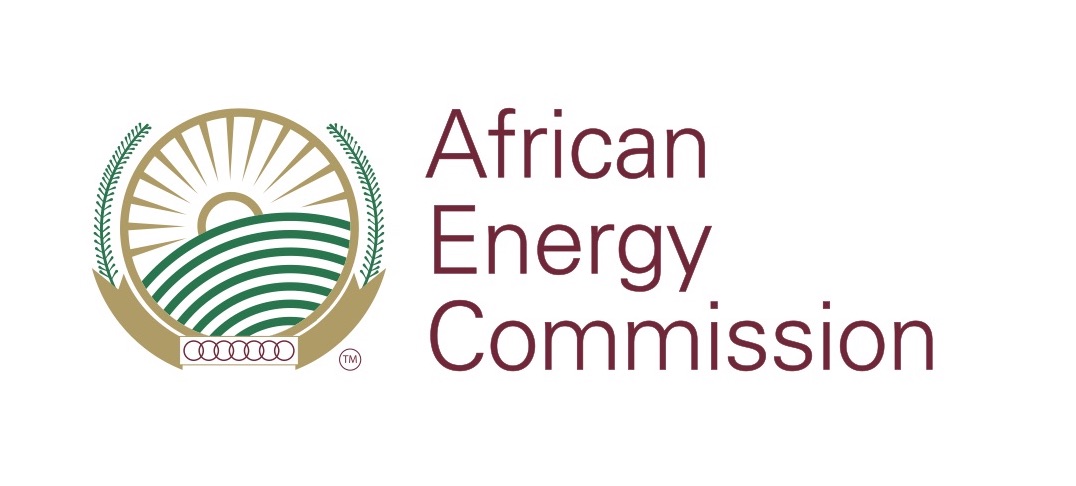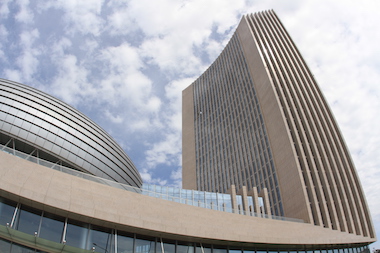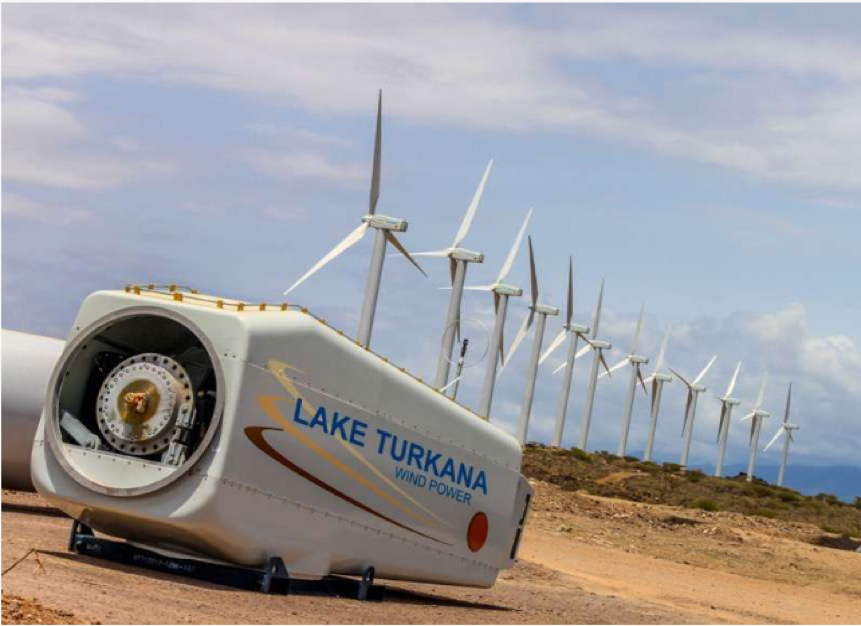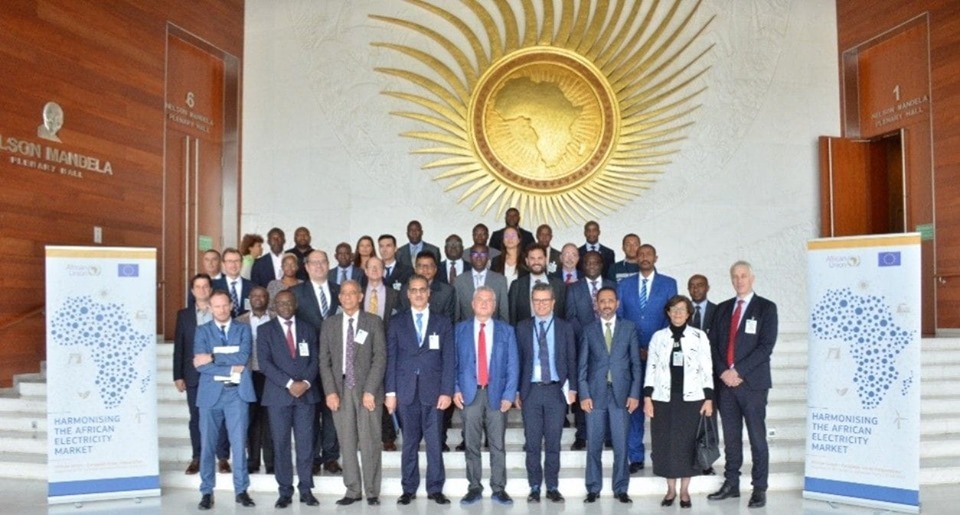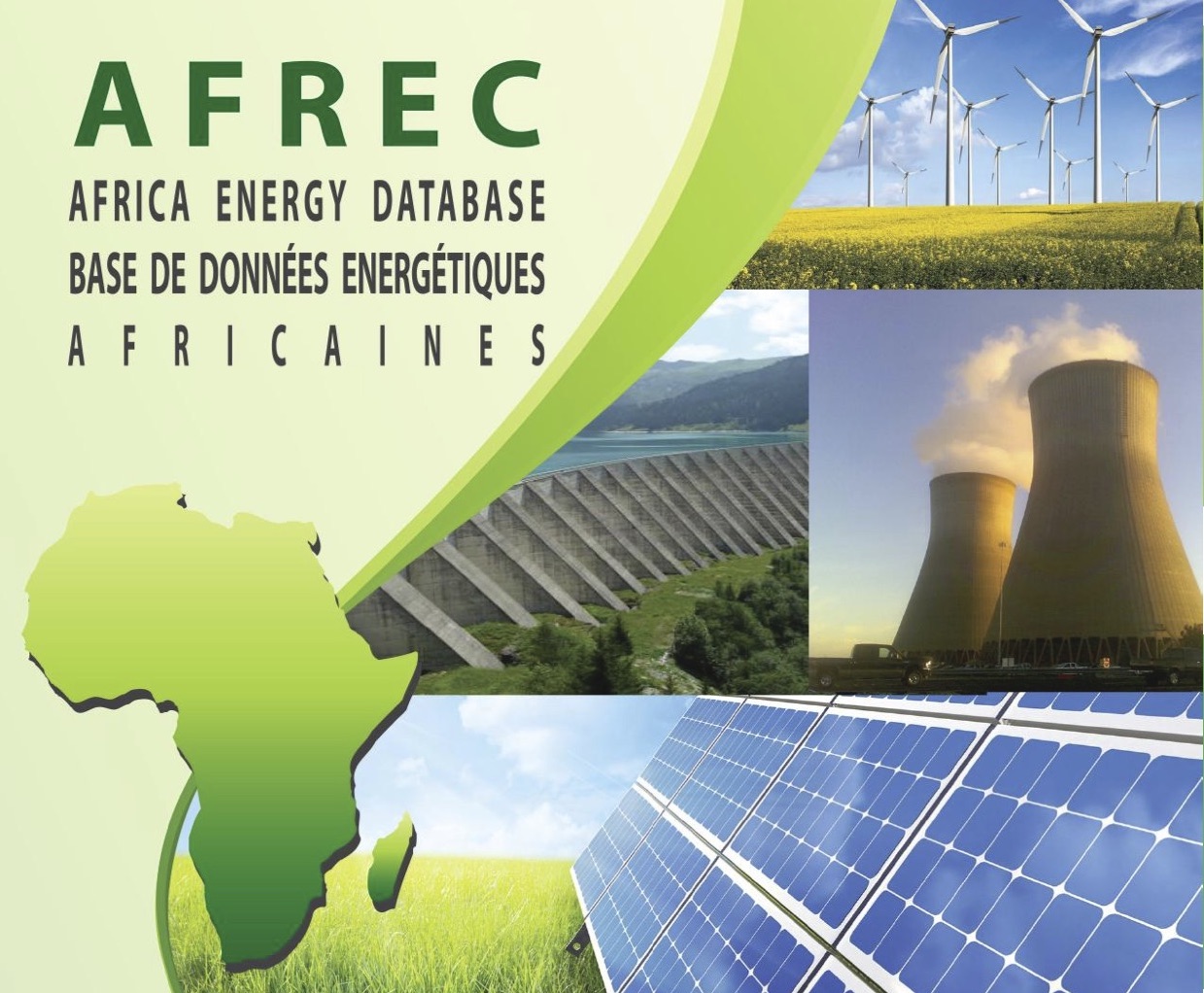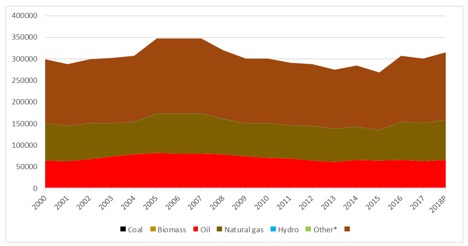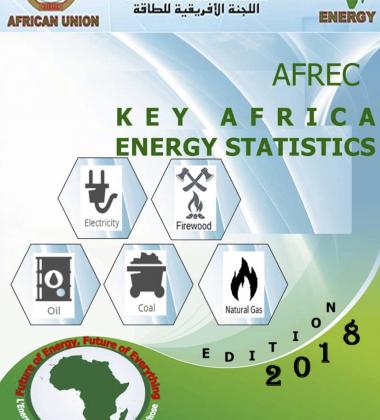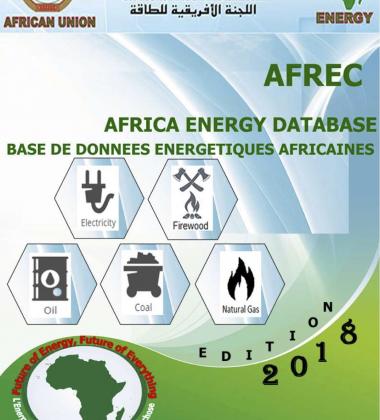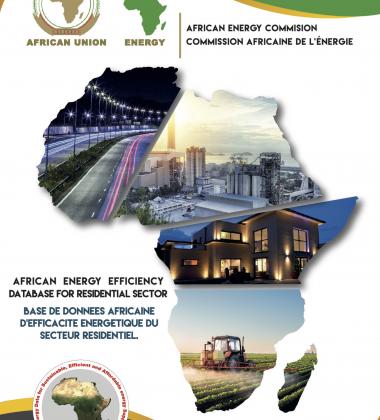African Energy Efficiency Programme
Transforming Africa to Higher Efficiency Lighting and Appliances with a Strategic Integrated Energy Policy Approach at the Continental Level
1. Introduction:
The significance of this programme is based on the reality that large-scale tangible results in saved energy can be achieved in the short-term with significant savings with very low cost through the adoption an integrated policy approach to transform national and regional markets in Africa to higher efficiency electrical products.
This globally proven approach includes regionally harmonised standards and recommendations as well as Continental and International implementation support to national and regional energy-efficiency policy planning, programme design and project delivery for lighting and appliances.
The strategic approach is one of integrated harmonized policy measures focused on the market for electrical products, so as to sustainably transform country, regional and continental markets to more efficient and affordable technologies by enabling more strategic energy and environmental policy making.
The African Energy Commission (AFREC) in collaboration with UN Environment’s United for Efficiency Programme (U4E) are planning to supportthe continental level market transformation to higher efficiency lighting and appliances (products which use more the half of all electricity), so as to significantly reduce electricity consumption, air pollution and greenhouse gas emissions in Africa, as well as freeing more electricity for millions of new consumers and businesses. Accelerating the Continental transition to much more efficient electrical products would save all consumers in Africa more than $ 175 Billion by 2030 and avoid the need to construct more than 50 large (1 GW) power plants over the next twenty years.
2. Programme Description:
The Proposed Continental Harmonisation Programme is proposed over a five-year duration as a first-phase, to be implemented jointly by the African Energy Commission (AFREC) and UN Environment’s United for Efficiency initiative and partners at the continental, regional and country levels on a planned, programmed and targeted priority basis as resources permit, with the first full year African Market Transformation Programme to commence in 2020, consisting of:
a) Regional and associated country level market assessments, data compilation, baseline analysis and country savings assessment modelling to 2030 and 2040. Assessments to be based on regionally agreed priority electrical products with the regional status report and country savings assessments the completed outputs ( One region per year, commencing with the Southern Africa Region);
b) Working with one African Region per year to adopt policies and measures at the regional level that can readily to be adopted into national legislation for lighting, cooling appliances (air conditioners, residential refrigerators and freezers), general service electric motors, fans, distribution power transformers and information and communication technologies in a harmonised fashion rather than the current situation where every country sets different rules;
c) Providing in-country and remote support to priority countries to adopt the continental / regional MEPS and labels, product registration and testing systems, and to develop strategic national policies for energy efficiency lighting and appliances;
3. Objectives of the Programme:
The overall objective of the programme is to significantly reduce final energy demand and pollution emissions across the continent and to provide increased electricity access, competitiveness, energy security and economic development by supporting the unlocking of some $ 175 Billion in available savings by 2030. A faster market deployment of more efficient lighting and appliances across the African Union Members States can be achieved through a common strategic, harmonized and integrated policy approach applied in each region and country.
The specific objectives of the assignment are:
a) Harmonization of lighting and appliance standards and labeling across the African regions and in the African Union Members States;
b) Support the national development and implementation of Best Minimum Energy Performance Standards and supporting policies;
c) Capacity building for regional and national energy efficiency policy makers and organizations as well as public and private stakeholders in lighting, appliances and electrical equipment;
d) To foster the attractiveness of energy efficient products to the final consumer;
e) To incentivize industry to develop, importers to import and retail sellers to sell, energy efficient products.
It is expected that the achievement of the specific objectives (short to medium term) will serve as a stepping stone to push markets of the target regions and countries towards ever higher efficiency levels over the long term.
4. Recommendation:
Support the implementation of the programme and urge the African union, African Energy Commission (AFREC), Regional institutions and Member States to allocated the required resources for implementation;
Key Resources
- August 20, 2012
- April 01, 2012
- February 01, 2012
- November 01, 2011
- October 01, 2011
- July 01, 2011
- April 01, 2011
- January 01, 2011








